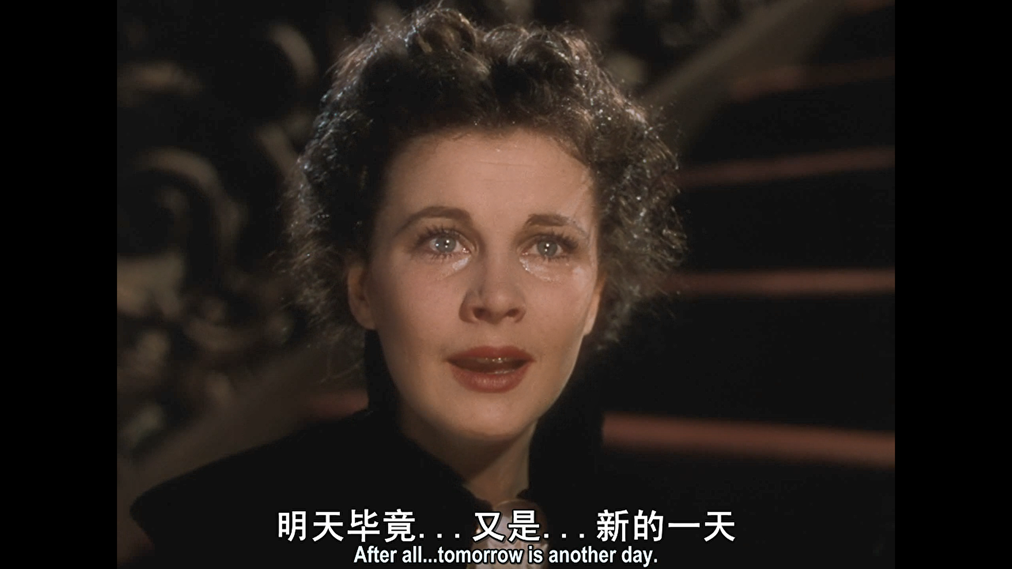MY 100-Day English -19
“Say the Thing” to Save Your Relationship
by Assael Romanelli, Ph.D.
In intimate relationships, ambiguous communication can lead to disaster, erecting (建设) a buffer between partners. People communicate obscurely (晦涩的,模糊的) in intimate relationships— It’s complicated. I’ll get back to you (我尽快给你回复). What do you think? —to avoid mistakes, to enable future denial, or to protect themselves from pain or hurt, or from intimacy (性行为;亲密). This can lead to high relational costs, though, such as relationship stagnation (停滞), a decline of intimacy, and unnecessary pressure on a partner to try to read one’s mind.
In theater improvisation (即兴创作), there is a well-known rule: “Say the thing.” It means you should verbalize (说清楚,描述) the reality of the moment, whether positive or negative. In therapy, articulating (明确有力地表达,清楚的讲话) the here-and-now of the moment is known as an “immediacy skill.” When you name (说出) what is happening right now in your relationship, your confidence increases, because you hear yourself speak the truth, increasing your agency, self-respect, and sense of self. You take responsibility, confront your blind spots, and block your exits. Soon, communication becomes easier, as your partner gains a clearer sense of where you stand, becoming more likely to reciprocate (报答,互换) and more willing to join you in initiating repair. The result should be a relationship that is more vital and exciting because its intimacy has deepened (加深).
Making a habit of saying the thing requires time, practice, and courage. Initially, your partner may respond with surprise, disappointment, or even insult. But with work, communication can improve. Start by reflecting on how your old patterns held your relationship back and aim to establish a fresh common language together, as well as a commitment to building an environment in which saying the thing is welcome. Call yourself out for avoiding an important question because you were embarrassed or surprised by it. And remember that in the long run, the work is worth it, because “explicitly uncomfortable” is better than “implicitly vague.”
Assael Romanelli, Ph.D., is a clinical social worker and a licensed couple and family therapist based in Jerusalem. He offers online counseling for individuals and couples as well as online workshops for professionals.
See you tomorrow









